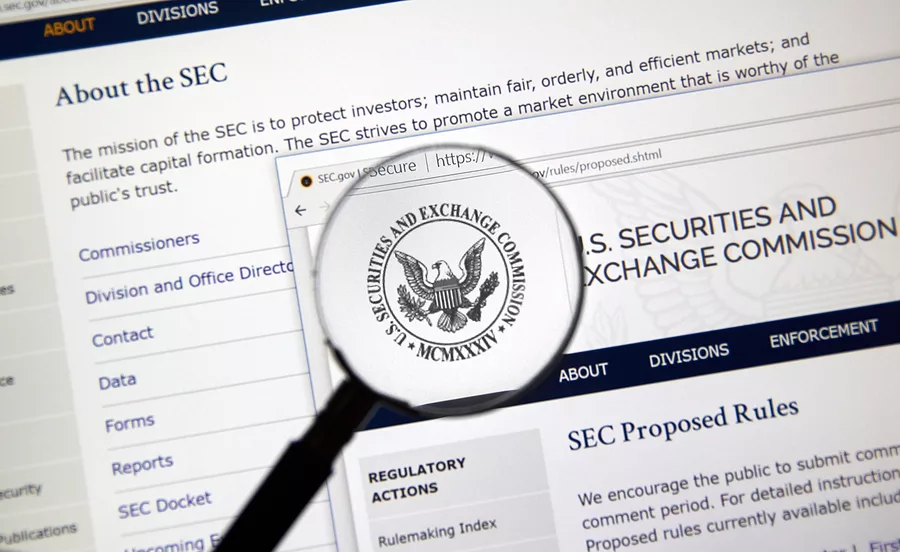Why You Need a Vegas Lawyer For Fighting Assault Charges
If you are facing assault charges in Las Vegas, it is in your best interest to have an experienced attorney on your side as soon as possible. The criminal justice system can be intimidating and confusing, which makes it easier for the prosecution to secure a conviction. When you have a Vegas Lawyer for assault charges on your team, however, you have someone protecting you and fighting for you, making the entire process less overwhelming.

What Constitutes the Crime of “Assault” in Las Vegas?
The criminal offense of assault is governed by in the State of Nevada, which defines assault as either of the following:
- Unlawfully attempting to use physical force against another person.
- Intentionally placing another person in reasonable apprehension of immediate bodily harm.
The terms “assault” and “battery” are frequently used together. Under Nevada law, battery requires a deliberate “use of force or violence.” In other words, assault is a threat or an attempt that becomes battery when the threat or attempt is carried out.
What Is the Potential Sentence If I Am Convicted of Assault in Nevada?
Simple assault is charged as a misdemeanor and carries a maximum term of imprisonment of six months in jail and/or a fine of up to $1,000. There are, however, several aggravating circumstances that can dramatically increase the severity of the charges against you and the corresponding penalties if convicted, such as:
- The use of a deadly weapon or the present ability to use a deadly weapon during an assault increases the offense to a Class B Felony, punishable by one to six years in prison.
- The alleged victim falls into a special category, including officers, school employees, health care workers, and sports officials, in which case assault becomes a gross misdemeanor, punishable by up to one year in jail.
Along with a potential term of imprisonment and fines, an assault conviction will be a permanent mark on your criminal history and may be viewed by prospective employers and landlords.
Why Do I Need a Vegas Lawyer If I Am Facing Assault Charges?
If you have been charged with assault, it is important to understand the charges against you, the potential consequences of a conviction, and your rights as a defendant in a criminal prosecution. Retaining the services of an experienced criminal defense attorney at The Vegas Lawyers is the best way to ensure that you are fully informed and protected throughout the prosecution of your case. Some of the invaluable benefits of having a Vegas lawyer for assault charges on your side include:
- Protecting your rights and addressing any violations of those rights by law enforcement officers.
- Explaining the State’s case against you and discussing your legal options with you.
- Conducting an independent investigation to uncover exculpatory evidence.
- Reviewing and analyzing the State’s evidence against you.
- Negotiating a favorable plea agreement if you decide to plead guilty.
- Developing a successful defense strategy if you decide to proceed to trial.
- Getting evidence excluded from trial if the evidence was illegally obtained or improperly handled.
- Defending you at a trial by jury or judge.
The prosecuting attorney has the weight and power of the government on their side in a criminal prosecution. The only way to ensure that your rights are secured and that the playing field is leveled is to have an experienced criminal defense attorney on your side.
What Should I Do If I Was Charged with Assault in Las Vegas?
If you are facing assault charges in Las Vegas, consult with the experienced criminal defense attorneys at The Vegas Lawyers as soon as possible to discuss your next steps. Call us at 702-707-3000 or contact us online.















